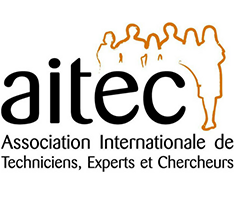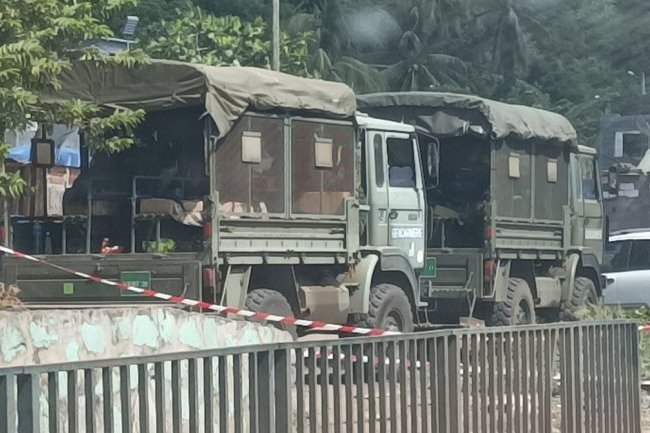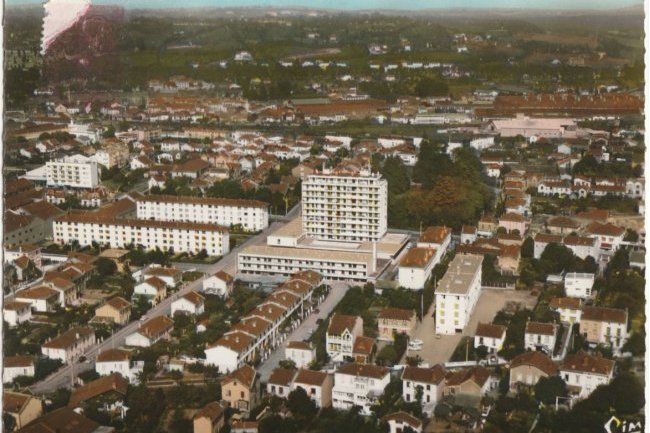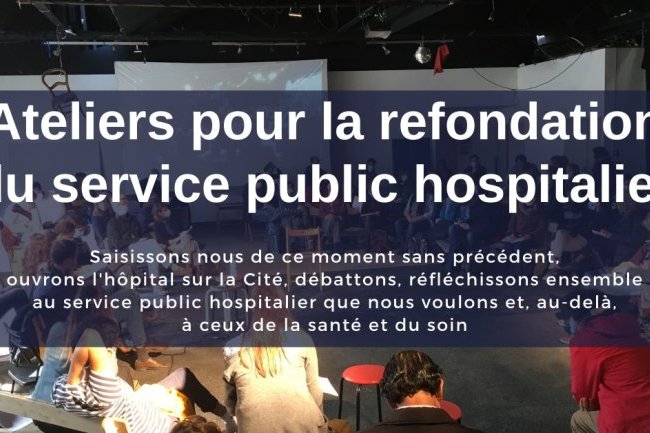L’Aitec participe à la 6ème édition du forum des peuples Asie-Europe (AEPF)
Publié par AITEC, le 20 septembre 2007.
L’Aitec a participé à la 6ème édition du forum des peuples Asie-Europe (AEPF) qui s’est tenu à Helsinki, du 4 au 7 septembre.
Rassemblés en amont du sommet officiel (ASEM), plus de 400 représentants d’ONG et de syndicats asiatiques et européens ont pu partager leurs analyses et leurs expériences en matière de coopération et de développement. Il s’agissait également, pour les structures engagées dans ce forum, de faire en sorte que les représentants des gouvernements qui se réunissaient le week end du 9 septembre, entendent leurs recommandations.
Les objectifs de ce forum s’articulaient autour de trois journées thématiques : Peace and security/ Economic security and social rights/ Democracy and human rights. Des éléments d’analyse et de revendication sont remontés des plénières et des ateliers ; ils ont été compilés dans la déclaration du 6ème forum. Charles Santiago (Monitoring sustainable globalization) porte parole du réseau, rappelait aux chefs de gouvernement de l’ASEM :
“The message is clear. We, in the AEPF, concur with the world leaders that a) the current trajectory of globalization must change ; b) we need a fair, just and inclusive globalization, one that creates opportunities for all. Indeed we need an ASEM process that benefits and creates opportunities for all. (...)The ASEM has focused on promoting cooperation between governments and representatives of business interests, and its agenda has been geared towards trade, investment, security and political issues. In fact, the cornerstone of a fairer ASEM should be a focus on people, specifically meeting the demands of all people : respect for their rights, decent work, icnluding migrant rights, and the empowerment of local communities. ASEM has a continuing democratic deficit. ASEMs work programme has only limited possibilities for regular democratic scrutiny in parliaments in Asia and Europe including the European Parliament. The ASEM work program and policies should be democratized and made accountable to the various parliaments.”
Ces trois jours de travail, d’échanges de points de vue et d’expériences rappellent, encore une fois, notre détermination. L’unique modèle de développement valable au nord comme au sud est celui qui est basé sur le respect et orienté par la garantie et la promotion des droits fondamentaux pour tous. Dans ce cadre, la lutte contre les inégalités est indissociable de la fourniture de services publics. Les services publics constituent un élément de garantie de la satisfaction des besoins et de l’effectivité des droits fondamentaux des personnes.
Lors de la journée « Economic security and social rights », ceux qui ont participé aux travaux sur la libéralisation et la commercialisation des services publics et l’élaboration de voies alternatives se sont penché plus particulièrement sur deux thématiques : EAU et SANTE. Les intervenants ont mis en avant, chaque fois que cela était possible, les critiques et limites du système néolibéral dominant et les propositions alternatives. Le dossier ci-joint en reprend les principaux éléments.
Dans le document joint, vous pourrez trouver les détails et les précisions concernant cette journée sur les services publics.
– What AEPF adressed to the ASEM summit ? : presentation of the by Charles Santiago
– Edition 2006 : Charter of the Asia Europe People’s Forum (AEPF)
– Economic security and social rights Cluster : presentation of the plenary session with Surin Pitsuwan (Member of the World Commission on the Social Dimension of Globalisation,Thailand) and Susan George (Chair of the Planning Board, Transnational Institute, France)
– Programm of the cluster on public services :
Analysing trends of essential services’ liberalization and commercialization in Europe and Asia/ Water delivery : water privatization and emerging alternatives in Asia/ Health : liberalisation of public heathcare and emerging alternatives in Europe and Asia/ Resistance to the liberalisation of public services : get together of campaigns and initiatives to look for possible synergies and future campaigns.
– Report of the cluster, made by Satoko, from the TNI. To get more information on the water campaigns, contact her directly satoko@tni.org
– Presentations (powerpoint and Word) availabe :
On the general analysis :
– Sven Giegold, ATTAC Germany
– Lidy Nacpil, Jubilee South
On the water privatization workshop :
– Mary-Ann Manahan on The Philippines (update on Manila, alternatives in the Philippines and regional process ‘Reclaiming Public Water’).
– Multi-donor funding mechanisms : the example of Public-Private
Infrastructure Advisory Facility (PPIAF) (Jorgen E. Magdahl, ForUM, t.b.c.)
On the public healthcare liberalization workhop :
– Nicola Gobas from the ESF Health Network, on the situation of public healthcare provision in Europe and the alternatives
– Meri Koivusalo/ Eeva Ollila, GASPP/ STAKES
On the campaigns and initiatives workhop :
– Fanny Petit, AITEC France and member of the European Network for Public Services
Echanges d’expériences autour des luttes :
Quelques pistes à creuser :
Avoir un symbole fort, nécessité de travailler en amont du calendrier institutionnel pour peser sur le débat, mener campagne avec une multiplicité d’acteurs….
– la campagne d’Attac contre la privatisation du chemin de fer : subversive et innovante !
voir : http://www.attac.de/bahn-fuer-alle/
pour consulter le document détournant la communication officielle : http://www.attac.de/bahn-fuer-alle/media/docs/material/reiseplan3-online.pdf
– Les autres campagnes d’attac Allemagne, dont la campagne Bolkestein (avec un radio gingle, envoi de cartes aux parlementaies…) : http://www.attac.de/kampagnen/






